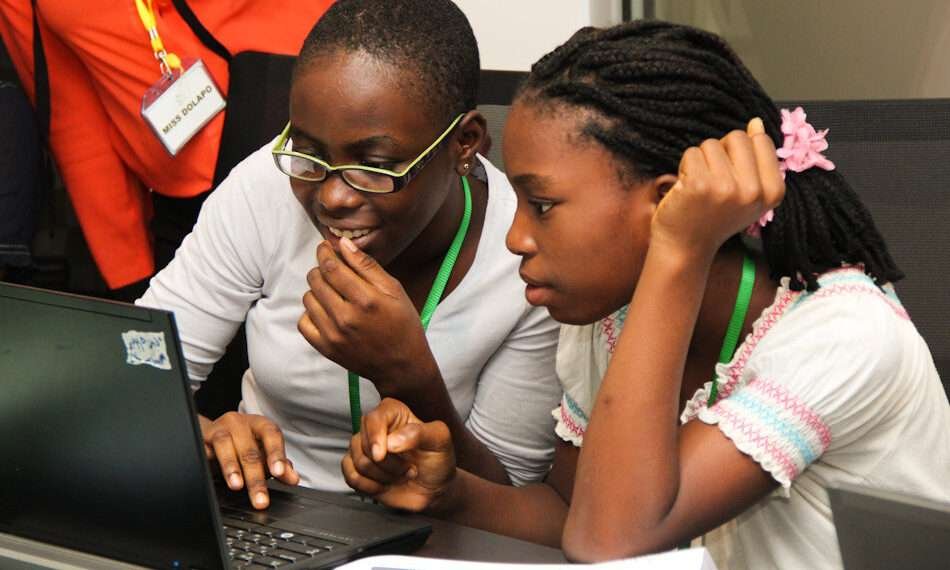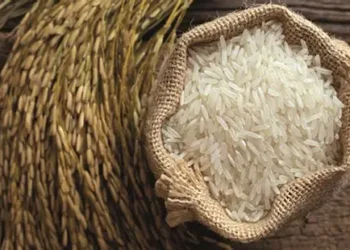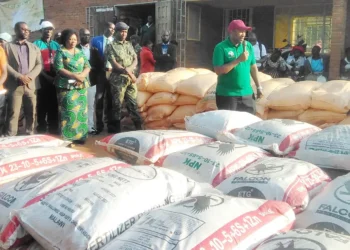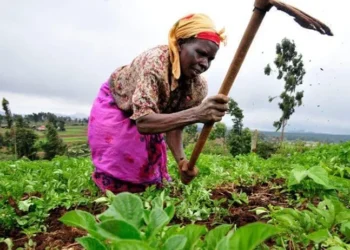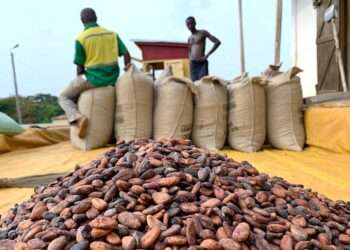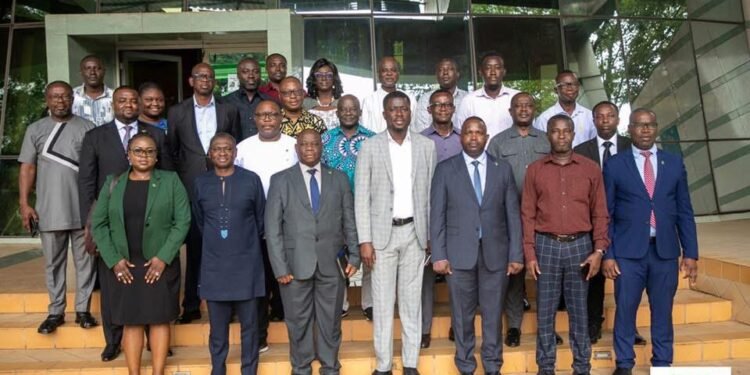Syngenta, a leading agriculture company helping improve global food security by enabling millions of farmers to make better use of available resources, has revealed that more women are needed in Science, Technology, Engineering, and Mathematics (STEM) to fulfill agriculture’s potential.
Women make essential contributions to all developing countries’ agricultural and rural economies. Their roles vary considerably between and within regions and are changing rapidly in many parts of the world, where economic and social forces are transforming the agricultural sector. Empowered women farmers can increase their income, develop a stable rural livelihood and contribute to ensuring food security.
According to the United Nations, Women and Girls in the Sciences are few, highlighting the need to move away from gender stereotypes to empower and encourage women and girls to come into science, vital to achieving the 2030 Agenda for Sustainable Development.
“Women make up half the world’s population, yet under-represented in science and technology. Women’s contribution is sorely needed in making the scientific breakthroughs that will help farmers fight climate change and feed a growing population.”
Syngenta

A national challenge
Ghana follows this trend; only 14 percent of all university students are female, and women constituted 26 percent of Ph.D. graduates in 2018/2019.
With the vast number of women in the agriculture sector, an equal number of women researchers would be needed in the Sciences to help with groundbreaking innovations to realize Ghana’s agriculture potential and the rest of the world.
Thus in Ghana, women make up about 33% of cultivators and about 47% percent of agricultural labourers. These statistics do not account for work in livestock, fisheries, and various other ancillary forms of food production.
A global challenge, Diversity and Inclusion in workforce needed
Fewer than 30% of researchers worldwide are women, and only 30% of all female students study STEM topics in higher education. While highlighting women’s contribution to science, the pandemic has hit women scientists, hard, especially those at the start of their careers, widening the existing gender gap.
“Across Syngenta Crop Protection and Syngenta Seeds, women hold more than 35% of our Research and Development positions. We strive to increase this through our strong focus on Diversity and Inclusion. Our goal is to create a highly diverse workforce and an inclusive workplace. We can only be as innovative as we need to be if our business has a diversity of perspectives and capabilities.”
Syngenta
“We also work beyond our company as a supporter of Catalyst, a global non-profit working with leading companies to build workplaces that work for women,’ the organization revealed.
READ ALSO: UBA Ghana Posts Impressive Performance



